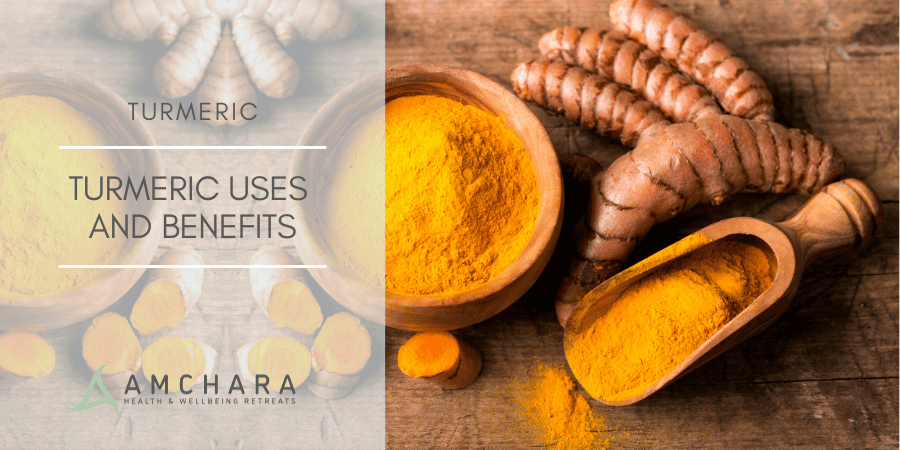You’ve probably heard that Asian people are generally more healthy than the people of Western countries, but you may be wondering why that is.
A recent study which has been documented in the Journal of the Medical Association of Thailand, has found that turmeric, a bright yellowy-orange spice often used in Asian cooking, can help with liver regeneration.
Turmeric is a spice and it comes from a perennial plant in the ginger family.
It is often used in various types of Asian cooking including Thai, Indian and Indonesian and it can also be found in Caribbean food.
It also gives yellow mustard its flavour and colour.
Findings on turmeric’s benefits
The study, which was conducted on diabetic rats at Srinakharinwirot University in Bangkok, Thailand, has shown that the primary component of turmeric called curcumin, which is also responsible for the spice’s vibrant colour, was responsible for repairing the rats liver tissues which had been damaged though diabetic illness.
This new finding is fantastic news for diabetic sufferers as it could soon mean a cure to reverse the liver damage in diabetic patients of both type 1 and 2.
And if you’re sceptical of this research, there have also been similar findings documented in the publication ‘Diabetes Care’ earlier in the year. The
Thai scientists involved in the research found that administering curcumin once a day helped to prevent the development of diabetes in people who were at high risk of developing the illness.
Although the results of these studies are very promising, comments have been made by the researchers confirming that further research would be required into the extent of the benefits of curcumin.
Other benefits of turmeric
There have been other studies over the years that have revealed that turmeric may have anti-inflammatory properties and acts as an antioxidant, but one of the most interesting properties discovered by UCLA’s Jonsson Comprehensive Cancer Center is that it has been linked to cancer prevention.
The study suggested that curcumin in turmeric could actually block cancer growth altogether.
The researchers documented that they had conducted a study involving 21 people who had cancer in their heads and necks.
Each participant was given 2000mg of curcumin in the form of a chewy lozenge.
They were then tested by an independent laboratory which confirmed that the spread and growth of the cancerous cells in the participants had been hugely reduced.
Other studies have also been conducted showing a reduction in tumour size by more than 80% by administering curcumin.
Related topics:




